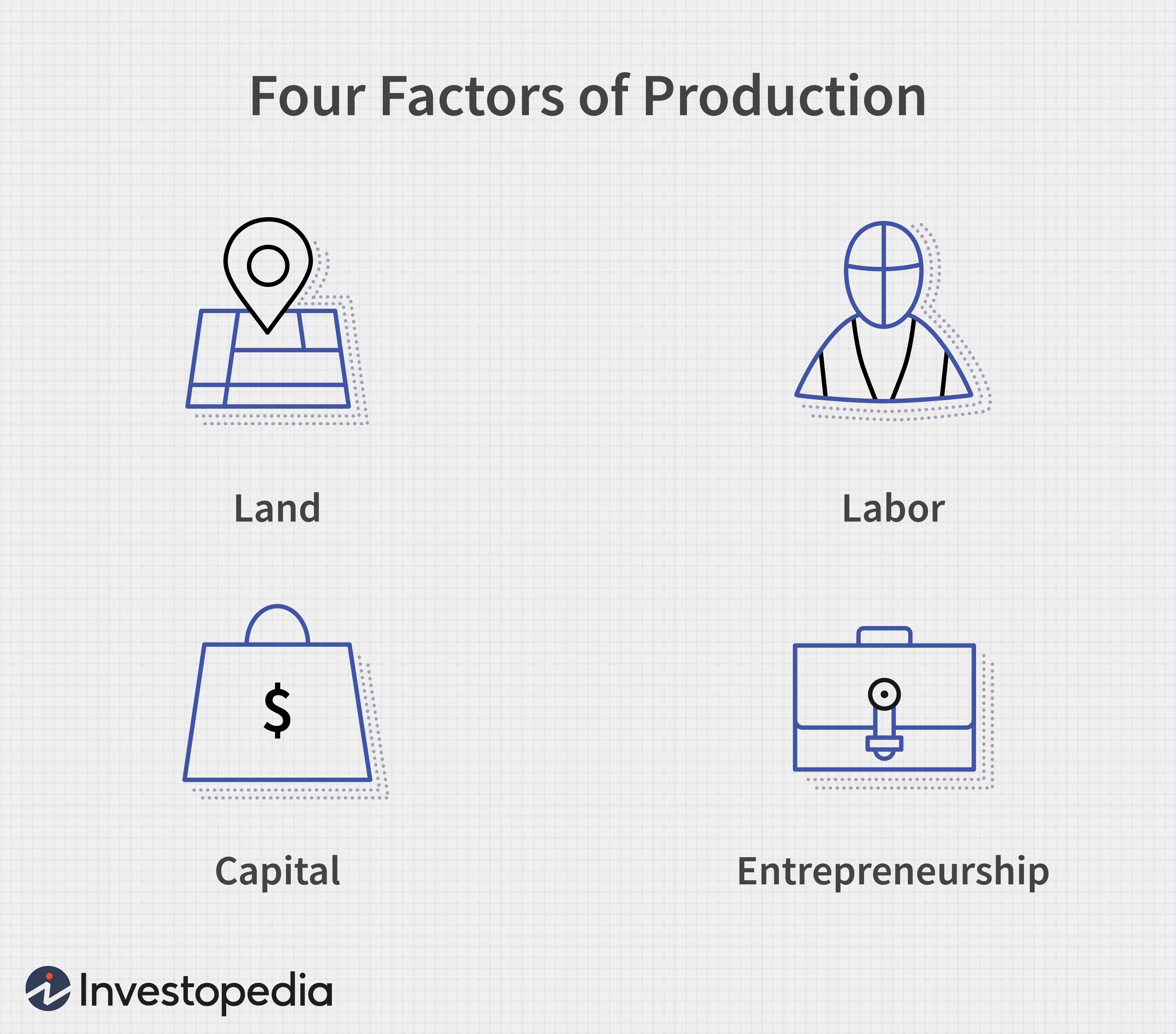When it comes to settling the affairs of a deceased loved one, navigating the legal process of probate can be a daunting task. One key decision that must be made is whether to proceed with formal or informal probate proceedings. Understanding the differences between these two options is crucial in ensuring the estate is handled properly and efficiently. In this article, we will explore the distinct characteristics of formal and informal probate proceedings, helping you make an informed decision during a challenging time.
Main Differences between Formal and Informal Probate Proceedings
In the world of probate proceedings, there are two main types: formal and informal. Understanding the differences between these two processes is crucial for anyone navigating the complexities of probate law. One key distinction is the level of court involvement, with formal probate typically requiring more oversight from a judge compared to informal probate.
Another important difference is the timeline of each process. Formal probate proceedings can often be more time-consuming and costly due to the increased court involvement and potential for disputes. On the other hand, informal probate proceedings tend to be quicker and more streamlined, making them a popular choice for those looking to efficiently settle an estate.

Key Factors to Consider in Choosing Between Formal and Informal Probate
When deciding between formal and informal probate proceedings, there are several key factors to consider that can help you make the right choice for your situation. One important factor to think about is the complexity of the estate. If the estate is straightforward and all parties are in agreement, informal probate may be a faster and more cost-effective option. On the other hand, if there are disputes or complexities involved, formal probate may be necessary to ensure that everything is handled properly.
Another factor to consider is the level of court involvement required. In informal probate, the court’s role is minimal, and most of the process can be handled outside of court. This can be beneficial if you want to avoid the hassle of frequent court appearances. However, in formal probate, the court plays a more active role in overseeing the process, which can provide added protection and oversight. Ultimately, the decision between formal and informal probate will depend on the specific circumstances of the estate and the preferences of the parties involved.
Understanding the Complexity of Formal Probate Proceedings
Formal probate proceedings can be complex and time-consuming, requiring strict adherence to legal rules and procedures. One of the main differences between formal and informal probate is that formal proceedings involve court supervision throughout the entire process. This means that every step, from the appointment of a personal representative to the distribution of assets, must be approved by the court.
Another key difference is that formal probate proceedings typically involve more paperwork and legal requirements than informal probate. This can include filing petitions, attending court hearings, and providing detailed accountings of the estate’s assets and debts. In contrast, informal probate is often less formal and may not require court involvement at every stage.

Benefits of Opting for Informal Probate for Estate Settlement
When it comes to settling an estate, there are two main options to consider: formal probate and informal probate. Informal probate is often chosen for its streamlined process and various benefits that can make the estate settlement process smoother and quicker. One of the key advantages of opting for informal probate is the reduced court involvement, leading to less paperwork and fewer legal proceedings. This can ultimately result in a quicker resolution of the estate.
Additionally, informal probate can be a more cost-effective option as it typically involves fewer legal fees and court costs compared to formal probate proceedings. Another benefit is that informal probate allows for more flexibility in the settlement process, enabling the parties involved to work together to resolve any disputes or issues that may arise. Ultimately, choosing informal probate for estate settlement can lead to a more efficient and less costly experience for everyone involved.
In conclusion, understanding the key differences between formal and informal probate proceedings is essential for navigating the complex world of estate administration. Whether you choose a formal or informal approach, it is important to consult with a legal professional who can guide you through the process and ensure that your loved one’s wishes are carried out smoothly and efficiently. By being informed and proactive, you can protect your interests and honor the legacy of those who have passed on. Thank you for reading and best of luck in your probate journey.



